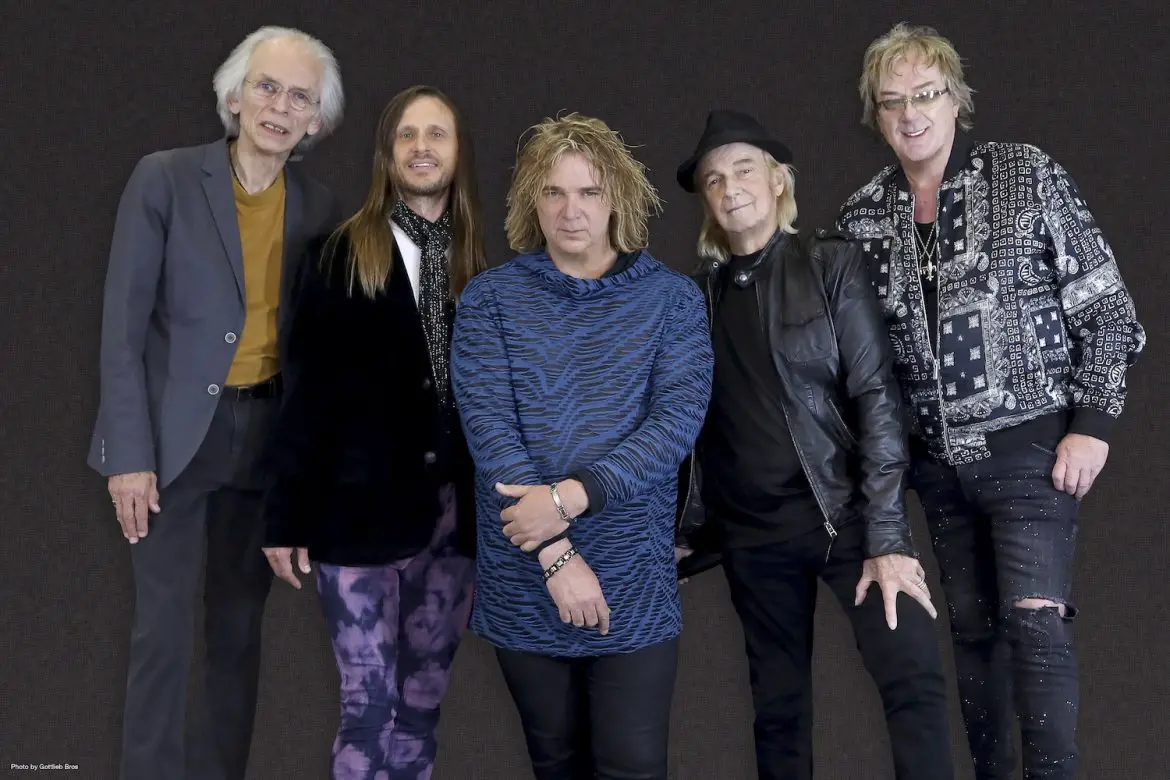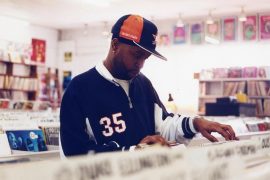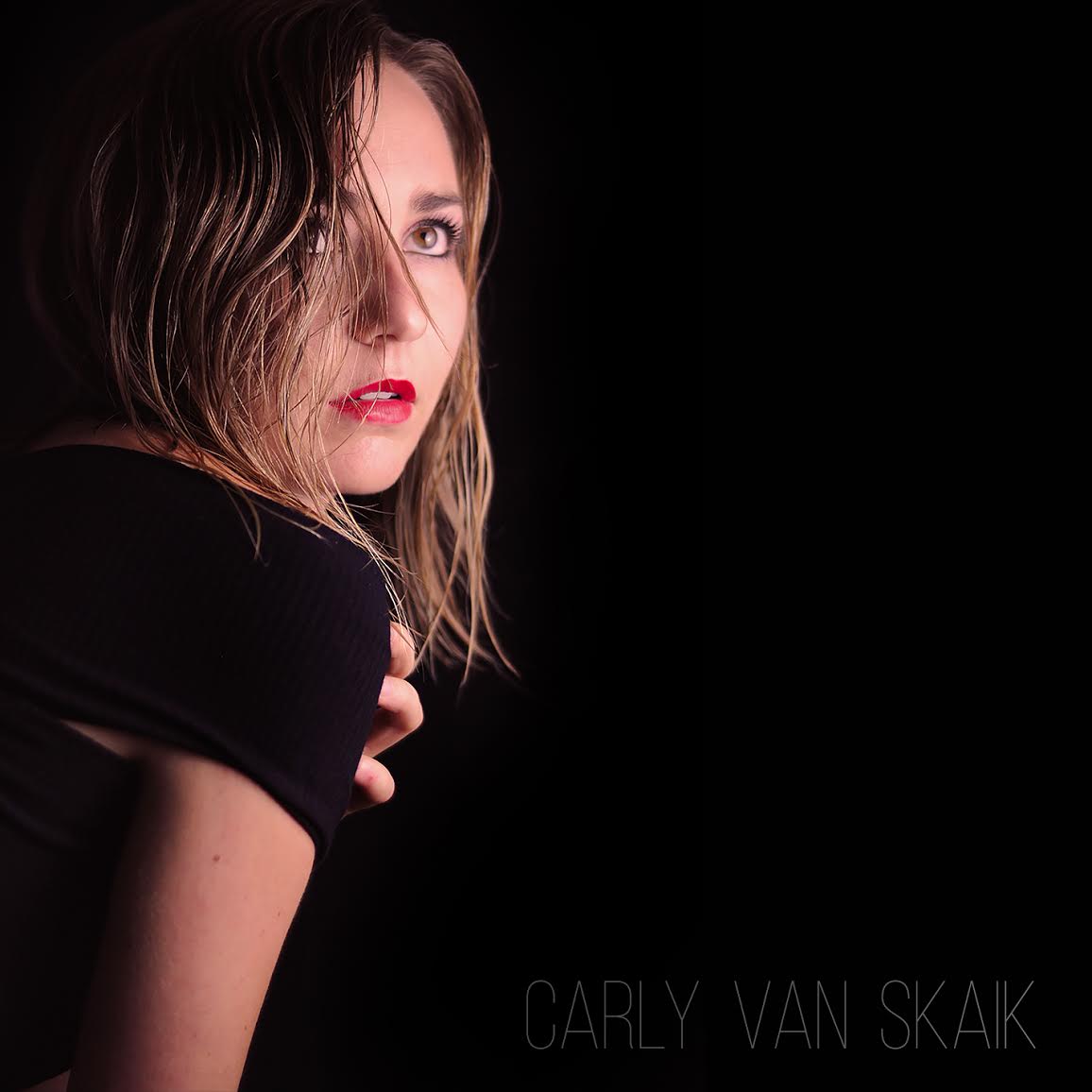Alan White is pretty sure the latest Yes record is worth your while, all things considered. He would know: He’s been drumming on them for half a century.
Stream: “The Ice Bridge” – Yes
I think progressive rock has always… looked for new channels to go down and adventure and follow to make new sounding music. And that’s what progressive brought alive, I believe.
I have a rudimentary triangular spectrum for classic progressive rock, one. It’s rudimentary because it only focuses on each band’s “best” work rather than their entire discography. So, as with all things in music, it’s a bit subjective, but it definitely works. At one end is English folk-inspired acts like Jethro Tull or Genesis. On another end there is the jazz and blues inspired acts like Traffic and Pink Floyd. Finally, on other is the more classically inspired Emerson, Lake and Palmer and King Crimson.
Yes falls into this third broad and pseudo useful category.
But I wager that no band better embodied the sonic scale of a progressive rock band, one that was to made to fill the stadium like twentieth century cathedral. An altar for a new age. By the early Seventies, they had their formulas: albums written like symphonies, songs written into suites, melodies morphed into movements. Listening to a Yes record was to be swallowed whole by the fattened calf that had become progressive rock. Dressing to the nines, tens and elevens, the band looked like they were ready to sermonize as much as they were to harmonize.
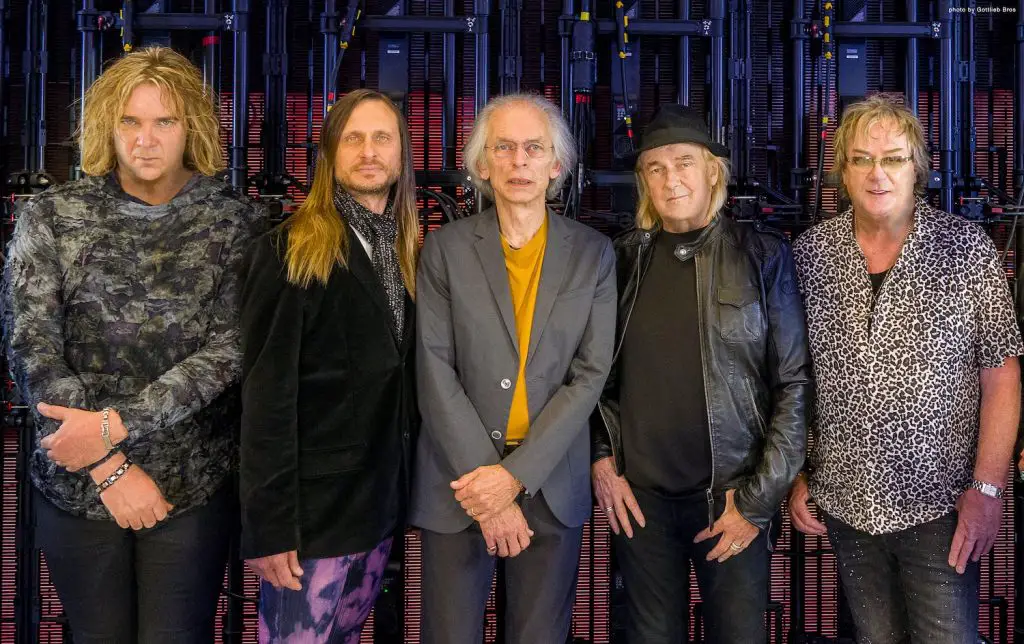
There was no molecular scale here; no atom splitting minimalism or cool fusion blues as one would find in the jam bands of the day, no chainsaw riffs as one could hear in the proto-metal concerts warping the continent. Yes were first and foremost, astronomers. When you write in 22 minute, side-long compositions, how could one not be a stargazer?
As Alan White illustrates: “[Yes] has always been a band that looks over the horizon, not at it.”
Alan White is the drummer for Yes. Has been for 50 years, taking the reins from Bill Bruford of King Crimson fame. And while Bruford had some of the classics, White helped Yes redefine their future. Equally able to supply jazz fills for progressive inclinations and keep a tight arrangement for more digestible popular rock, his playing on key records like Going For The One, Drama and 90125 allowed for the band to rediscover itself. Multiple times over.
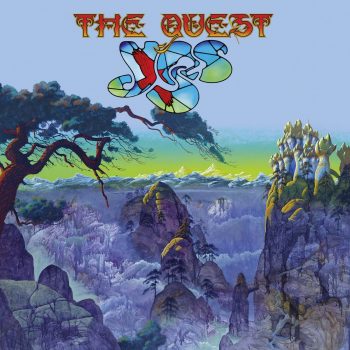
Released October 1, 2021 via InsideOutMusic, The Quest is Yes’ latest offering. It’s the first record since the passing of bassist Chris Squire. Joining White and guitarist Steve Howe are vocalist Jon Davison, Billy Sherwood on bass and Geoff Downes with the keyboards, it showcases a Yes record as any Yes fan imagines a Yes record. It’s big, it’s operatic and it’s going to take you to space. But there’s no reality bending, no divine transcendence or giant space baby. And it probably didn’t need a second disc. But even when they stay in the solar neighborhood for this one, there’s still plenty to observe and report.
For the sake of brevity, let’s keep it brief: Davison launches listeners with a verse here, then builds them a cradle on another verse there. From this aural perch we only need peer, gaze at the cosmos around us. Howe’s guitar shooting notes like tonal comets. Downes’ pianos radiating on stellar bridges. Sherwood’s bass filling in the cracks with groovy dark energy. And in and around it all is Alan White’s drumming, still there 50 years later, tight like the panels of a spaceship taking you to and from the heavens.
I had the chance to talk with White, who lives just up the road from me in Seattle. Our conversation focused on the legacy of Yes, progressive rock and which is his favorite record among them all: He’s quite fond of this latest one, but I’m not telling.
Stream: ‘The Quest’ – Yes
A CONVERSATION WITH YES
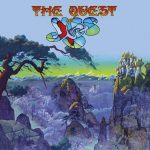
Atwood Magazine: What what have you been listening to recently?
Alan White: Well, mostly the new album as it’s been coming through.
Are you excited for this new album? What most excites you about it?
Alan White: Well, it’s interesting, you know? Yes, always seem to take another step into a new adventure, every album, and that’s why they’re all slightly different. And this one’s slightly different as the others, but I’ve been really enjoying this one.
The Quest actually sounds very much like it was played live in an arena. Is this done to give audiences like a live simulacrum?
Alan White: No, no, it was actually done the complete opposite. It was done virtually.
Well nonetheless, it has some of the most straightforward Yes songs that I've heard yet. ''The Ice Bridge'' in particular, how did that song come about?
Alan White: It was something that Geoff [Downes] came up with, and it was finished by Jon [Davison] and Steve. And it was a demo we had from years ago.
Are they sort of the engine for writing the new stuff?
Alan White: Well, a lot of it was done in England. And because of COVID, Billy Sherwood and myself couldn’t get that involved in the writing because we’re on the west coast of America.
Indeed, that same place as I am, it's a fun place to be except when you need to record an album in England… The Quest has a lot of textures. And it sounds a lot like the uncovered classics from the 1970s oozing with nostalgia. Is it easier to write and record music that plays with such a miasmic feeling?
Alan White: Yeah, I think there is in some ways a reflection on some of the early music from the late 60s early 70s and I kind of like that and I just like the texture of the songs and the messages.
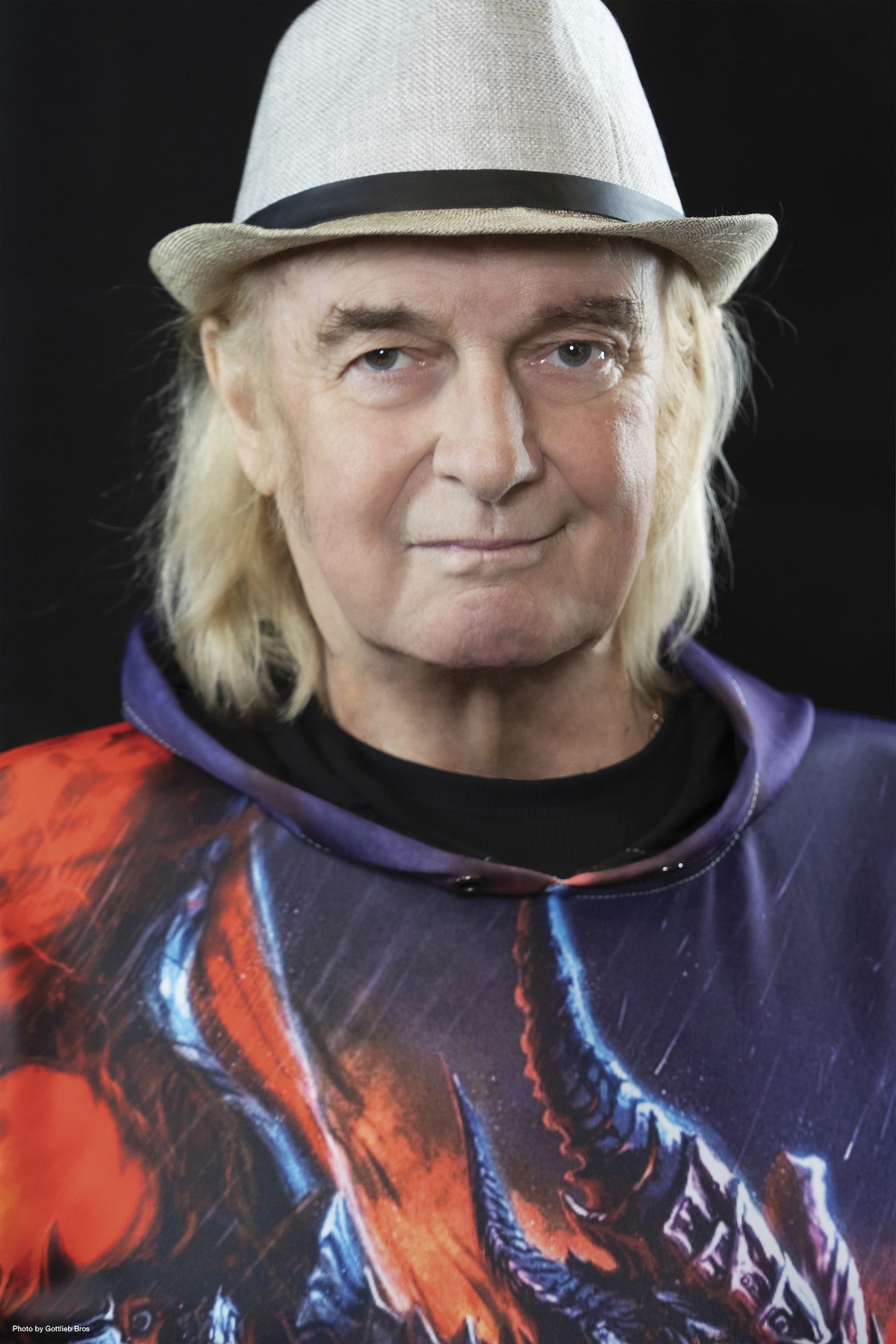
Considering that Geoff and Jon are writing music, do you foresee Yes albums still being made when you and Steve are gone?
Alan White: Don’t put it like that! Eventually when we retire, but we have no intention of doing that right now. Who knows? There’s a possibility that will happen but we just gotta carry the banner as long as we can.
Bob Weir describes this dream where he's watching the Grateful Dead's music being played and then slowly realizing that none of the members there are actually the original Grateful Dead members they're all you know, people that have been introduced.
Alan White: That is a possible foreseeable future but not in the way I’m looking at things right now. You always get tribute bands, anyway. We shall have to see about that.

We are in an era of offshoot bands, splintering off from like original lineups and semi-original lineups. Do you feel this creates a competition to have a creative edge to your live show.
Alan White: No, not really. [Yes] is an operating band right now. I feel very confident that everyone on stage is really professional music musician in their own right. And this band on stage is a great incarnation of what we were and still are.
Most people are probably most familiar with the Bill Bruford-era of studio albums from Yes until Close to the Edge. What album would you say constitutes your best work with the band? Do you feel like?
Alan White: I think one of the better albums for bass and drum work, as far as being adventurous and new rhythm section-wise, was Relayer… [We’ve] always been a band that looks over the horizon, not at it.
One of the things that I was curious about is that in one week you were offered the drumming job for Yes, Jethro Tull, and America. How close were you to joining the other two bands other than Yes?
Alan White: Not much, actually, because I enjoyed the challenge of playing Yes music… and I think I made the right choice, and next year will be my 50th year with the band.
What do you most enjoy about drumming now 50 years after joining Yes, what most excites you about working on a Yes album?
Alan White: Well, you’re providing music for the public and carrying on the torch as it were. And you know, it just really excites me when I get in front of a live audience. I’m looking forward to that when we do next year (chuckles) if we do it.
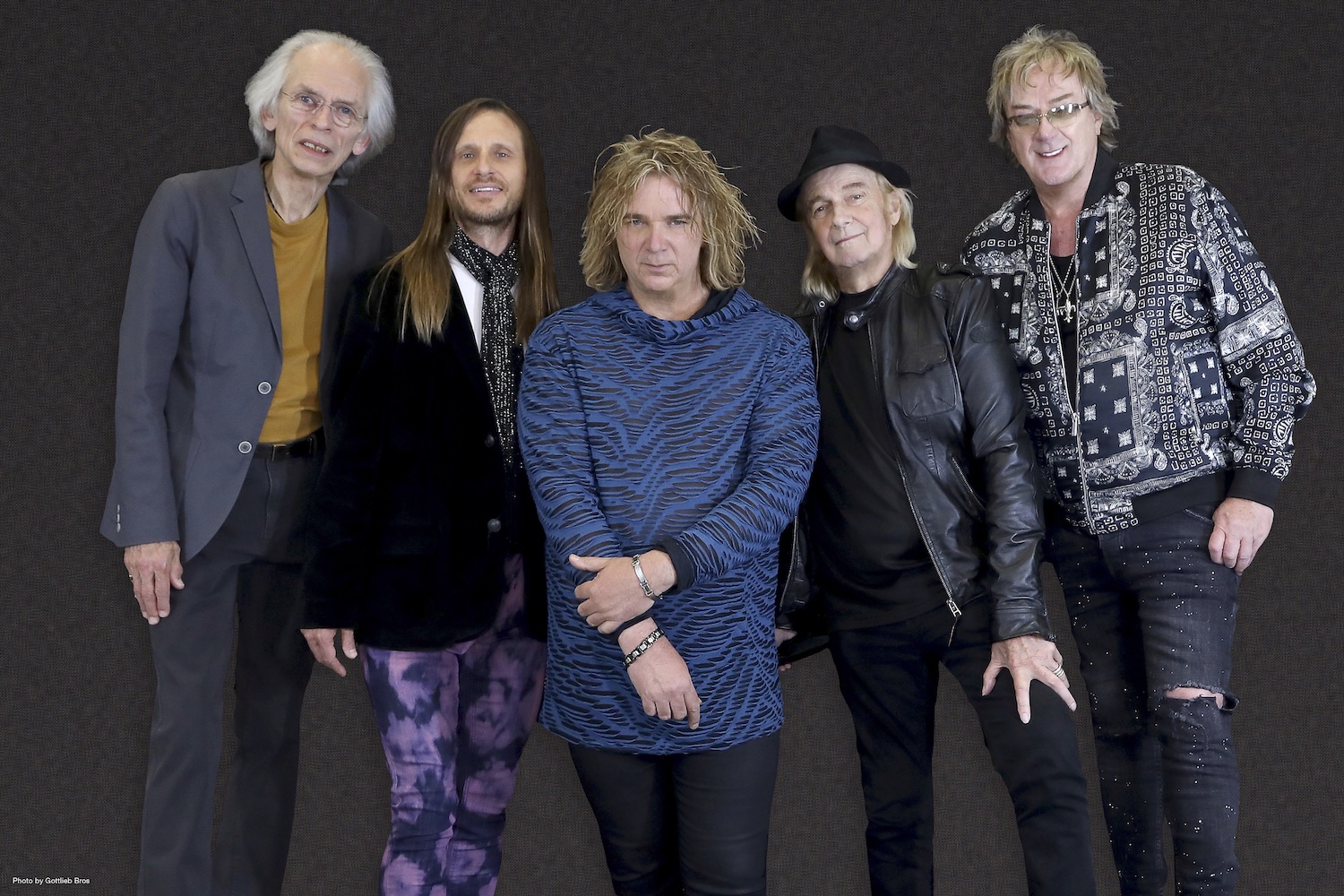
There's like a consensus among rock historians that punk rock more or less killed progressive rock among disco and punk rock.
Alan White: I don’t think so. I think progressive rock has always… looked for new channels to go down and adventure and follow to make new sounding music. And that’s what progressive brought alive, I believe.
That makes me wonder if you've ever heard of this band called King Gizzard and the Lizard Wizard or Thee Oh Sees.
Alan White: I’ve heard of them. I don’t know the music very well, but I’ve heard of them.
Yeah, they're definitely in that new vein of carrying the progressive rock torch with a lot of garage rock influences and krautrock influences as well.
Alan White: You get a lot of people in these bands that rip off our ideas often then make their own version, you know. But, that’s to be expected. So yeah, I’m just glad they picked some good music to rip off. (laughs)
— —
:: stream/purchase Yes here ::
— — — —

Connect to Yes on
Facebook, Twitter, Instagram
Discover new music on Atwood Magazine
? © Gottlieb Bros art © Roger Dean
:: Stream Yes ::

